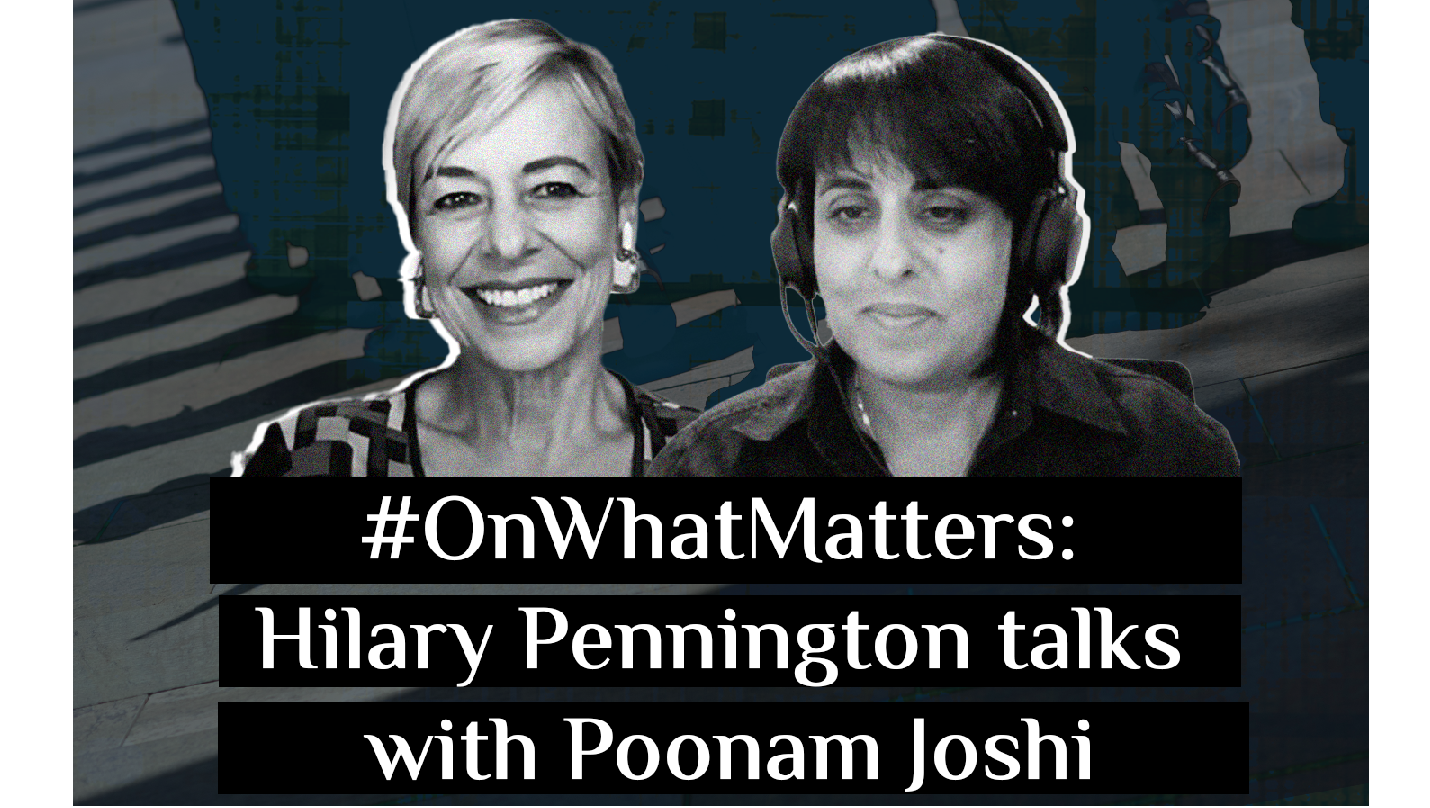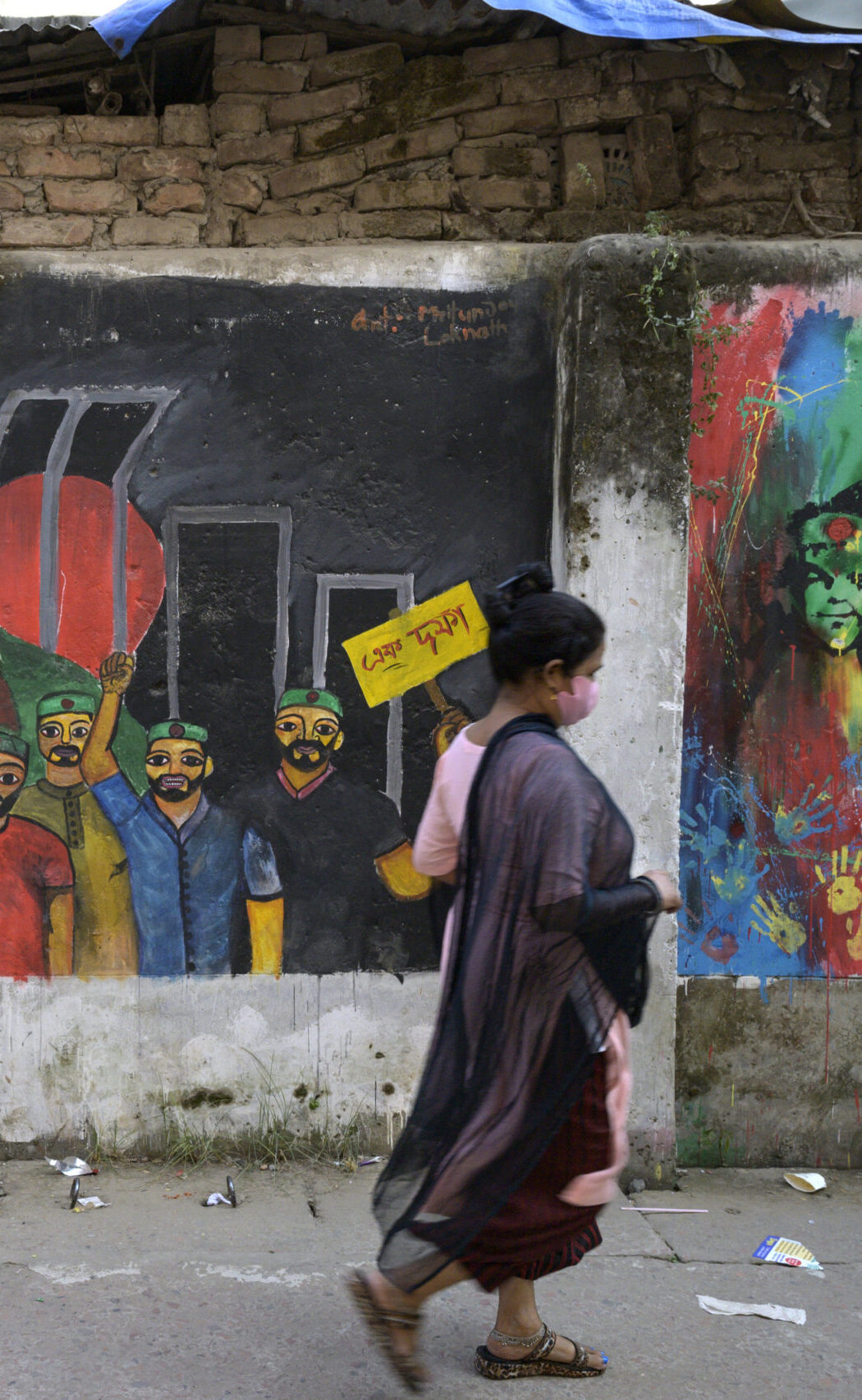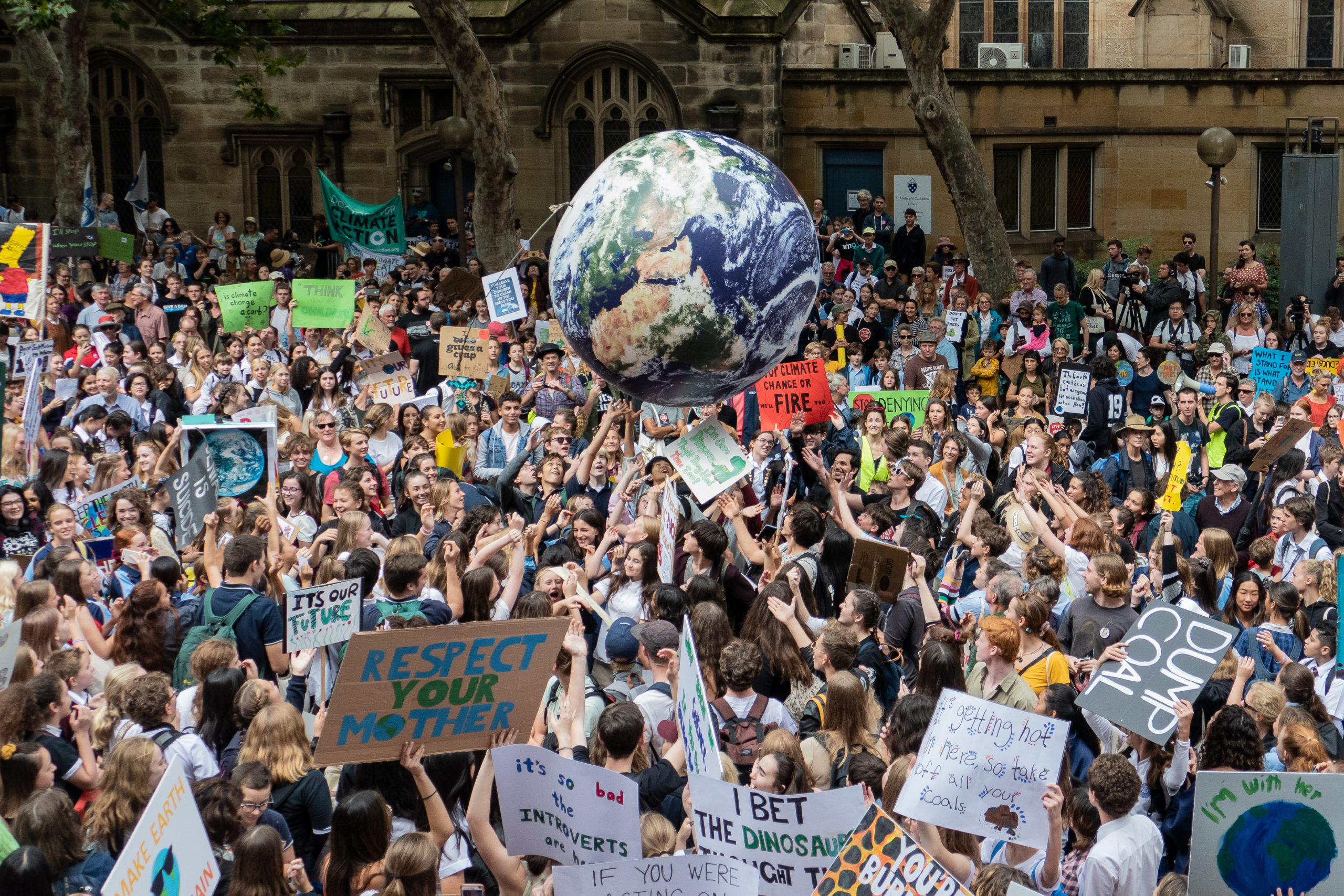The Funders Initiative for Civil Society equips funders with the tools they need to understand and anticipate trends in civic space.
We analyse the drivers of closing civic space and tests new ideas to pushback against civic space restrictions.
FICS also moves resources to movements and their allies expanding civic space across the globe.
Source: Shutterstock, Jessica Girvan, Protesters at a KILL THE BILL protest, London, UK, May 1, 2021
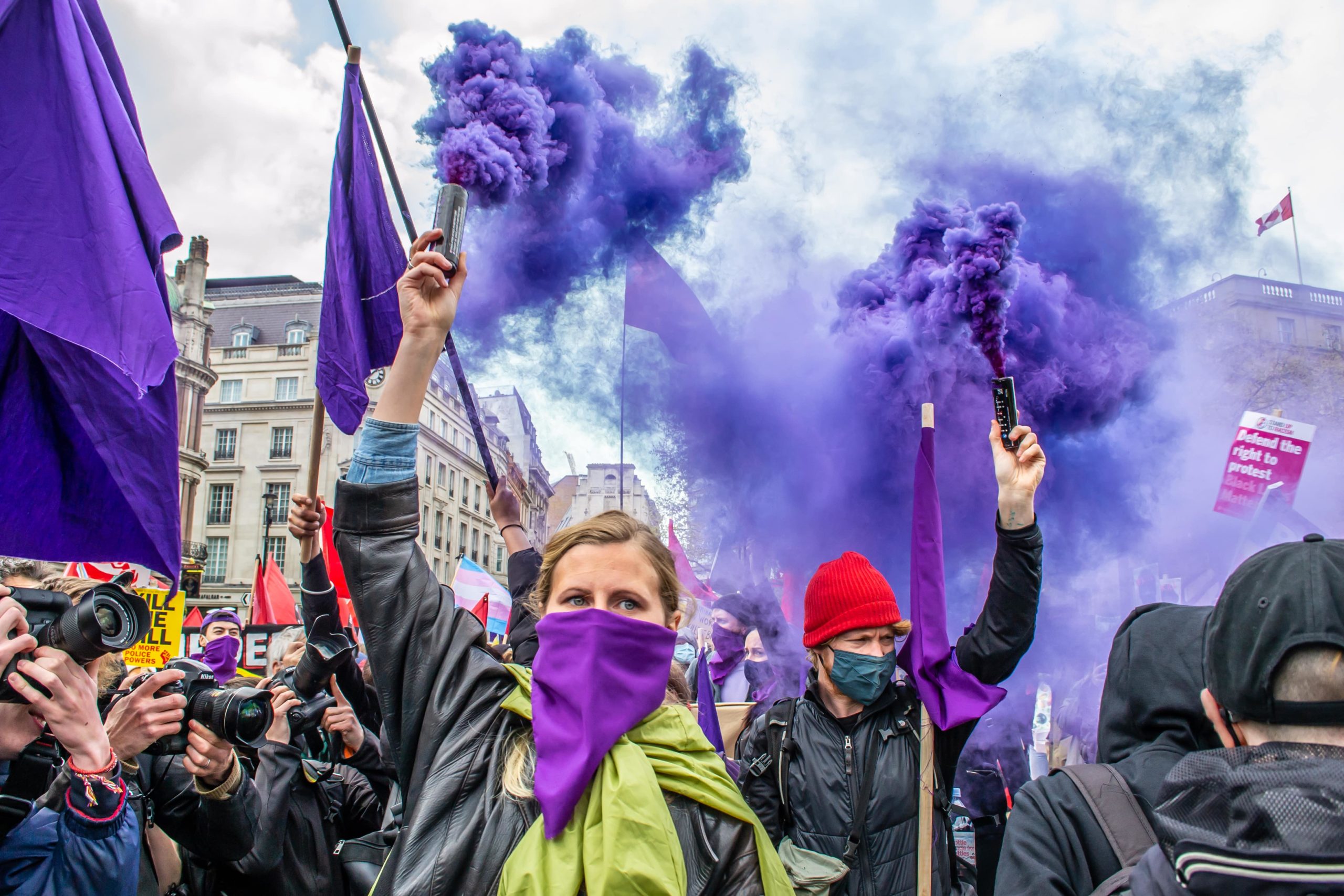
Source: Shutterstock, SGr, Soldiers marching in parade

Civic space is the oxygen of participation. It is the physical and virtual space where people can come together, speak out, and organise. Without civic space, people cannot be free to work out the answers to the crises humanity faces and create better futures for us all.
Attacks on civic space are accelerating globally, aided by new technologies. States and non-state actors are deploying a wide range of tactics all aimed at repressing their opponents and controlling civic participation on and offline.
They achieve this by: enforcing tougher protest laws; making it hard to set up, register and fund Civil Society Organisations; limiting media and free speech; conducting online surveillance and internet shutdowns; and by harassing, arresting, and imprisoning activists – the list goes on.
This ‘closing’ of civic space is happening at a time when we need these freedoms more than ever. Our current strategies to defend civic space will only get us so far, we need new ideas and approaches that expand civic space.
This is why FICS exists. We seek to analyse civic space, shift funder strategy and practice towards expansion strategies, and resource movements to expand civic space.
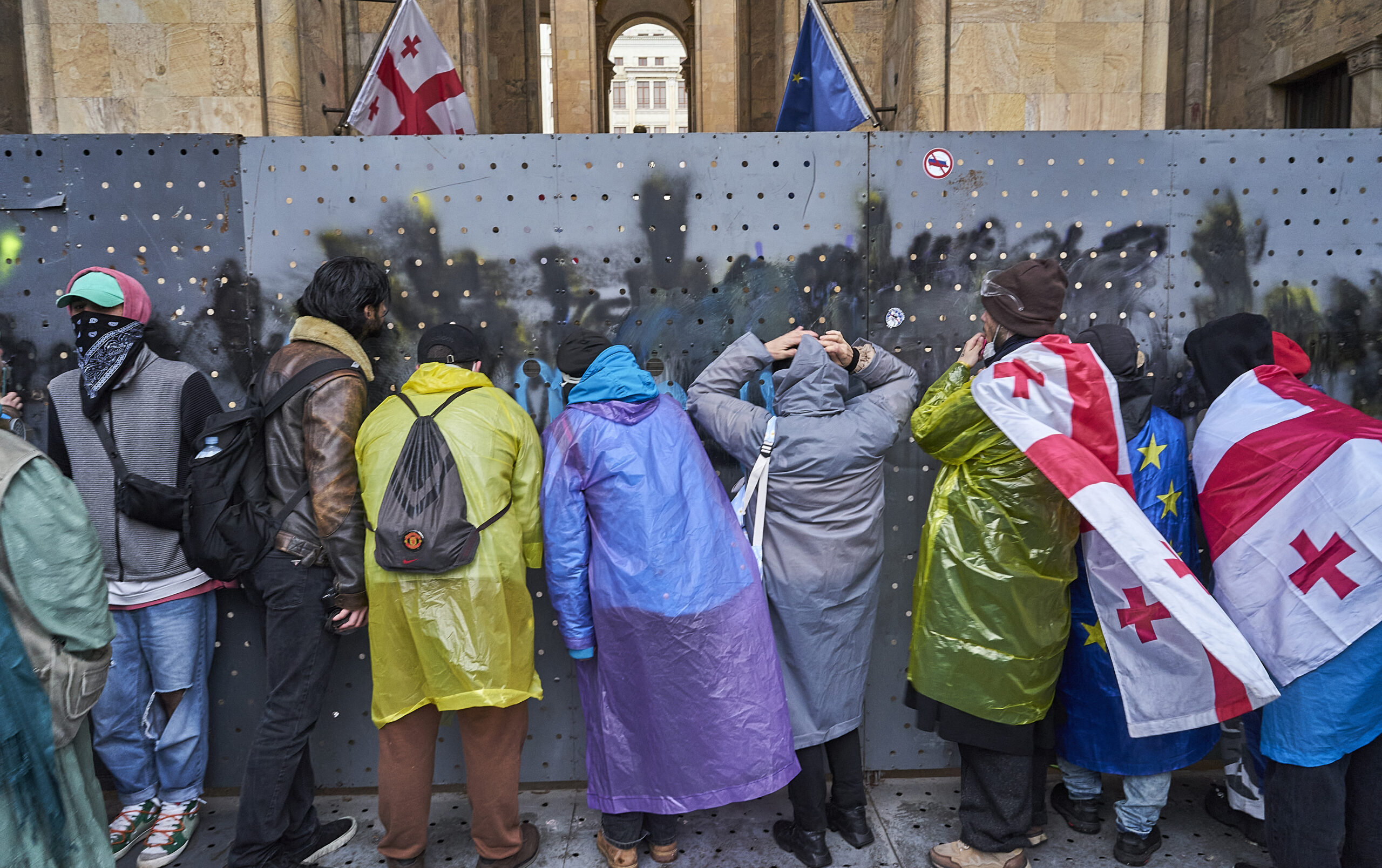
FICS spoke to more than 150 civil society representatives and funders working across the globe on human rights, equalities, climate change, land rights, corporate power and technological threats, to develop a unique analysis of the systemic drivers of shrinking civic space.
Our analysis, Rethinking Civic Space, lays out how the abuse of counter-terrorism laws and policy, intertwined with increasingly concentrated economic power and threats to democracy and pluralism from regressive political forces has put the shrinking of civic space on a full force trajectory.
FICS concludes that responding only after activists are under attack is not enough. Civil society organisations urgently need resources to disrupt over-reaching security frameworks, create narratives which value pluralism and equality, and hold economic power in check.
FICS believes that the funding community has a unique role to play in expanding civic space. Built on our expertise we use analysis, convening, incubation, and experimentation to shift funder strategy and practice on the drivers of closing civic space.
FICS strives to give funders the tools they need to expand civic space for those advancing democracy, human rights, social and economic justice, and environmental protection for the future. We want to galvanise and influence a broader cross-section of funders to direct resources to disrupt, reform, and transform civic spaces around the world.
Source: Shutterstock, Julian Leshay, Protect Black Women and Girls Banner, New York, USA, July 26, 2020
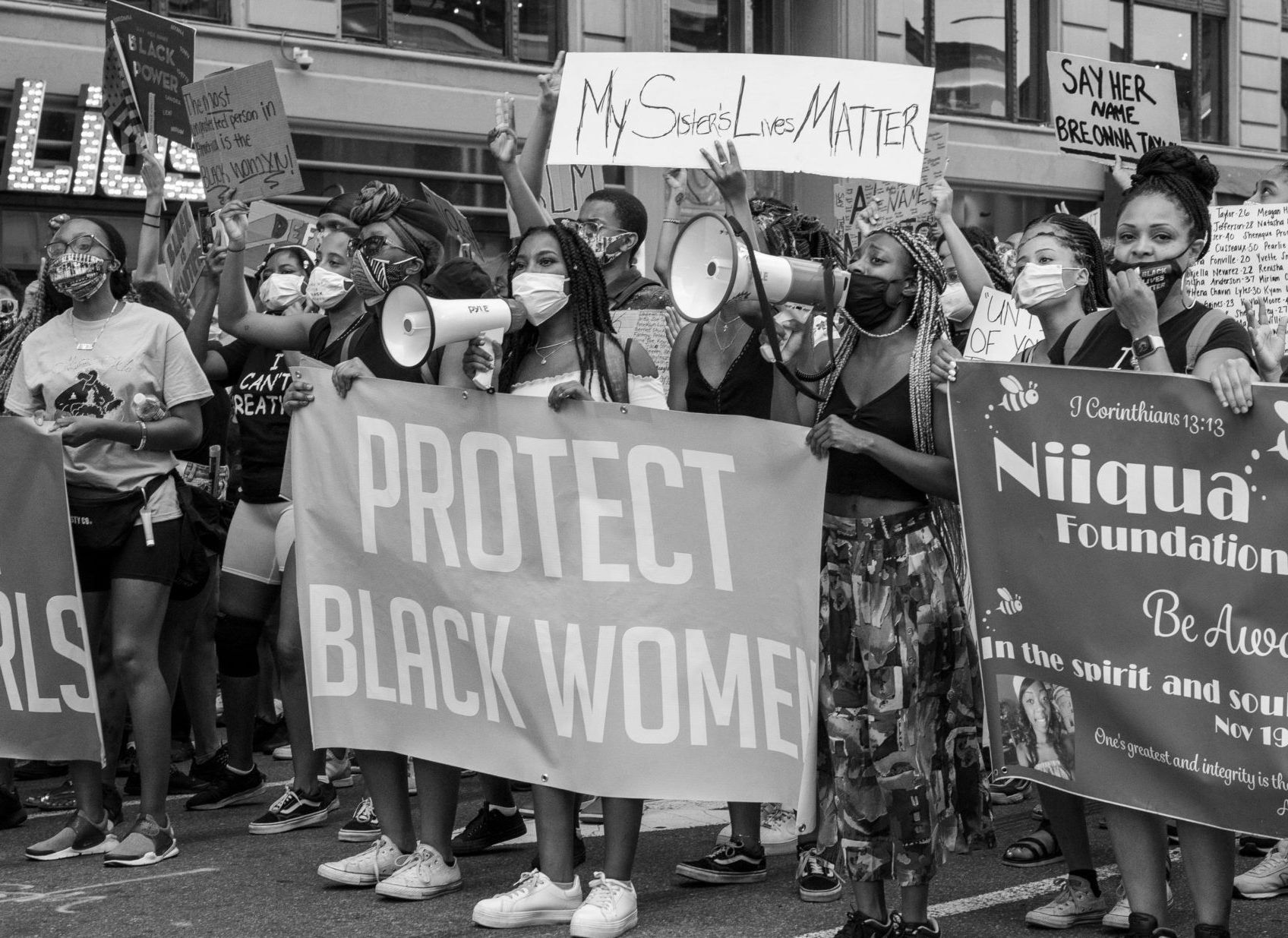
We do this through:
1. Cutting edge analysis – short term and futures focussed research that keeps funders ahead of the curve in spotting opportunities and threats to civic space. This includes working across the field to map effective strategies while tracking donor resources and distributing learning on what works and what does not.
2. Building the field of funders – FICS activates and inspires a diverse cross section of funders to confront the drivers of closing civic space. Drawing from our analysis we create space for funders to connect, collaborate, and experiment with new ideas to expand civic space.
3. Incubation and resourcing – FICS nurtures pathways for funders and civil society to collaborate and test how resources can be used to expand civic space. We design strategic frameworks for funders to draw upon in their grant-making and offer incubation for new funding mechanisms and new infrastructure for civil society to help take this work to scale.
At FICS we want funders to move resources to not only “hold the line” and protect activists and actors from downstream harassment, arrests, and abuse, but also to confront the driving forces behind these restrictions. We want to tackle the drivers behind the phenomenon of closing space and move to expansion strategies.
